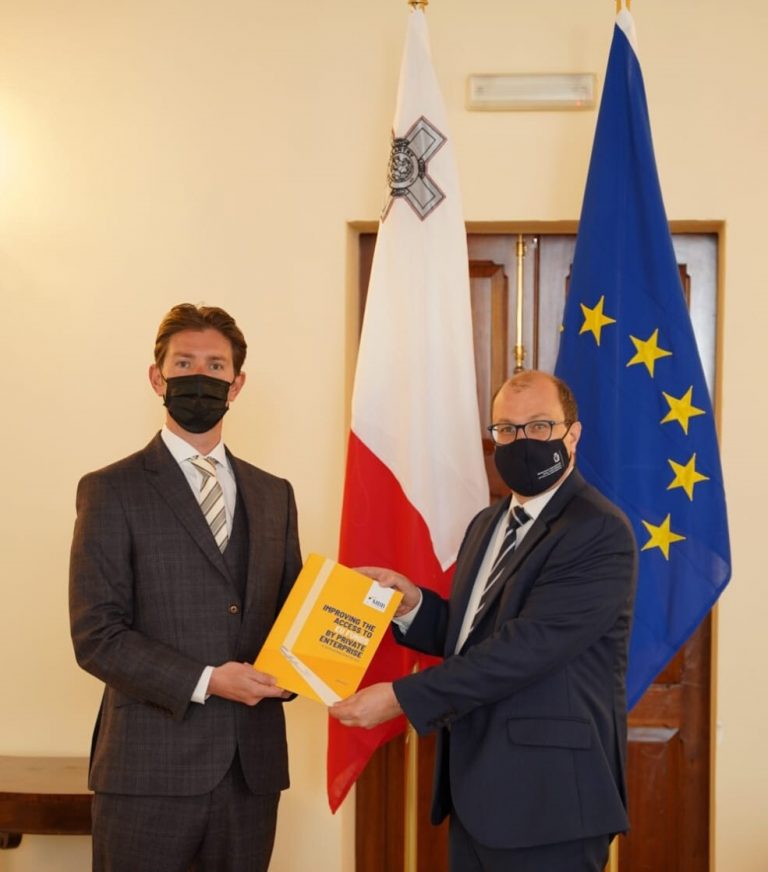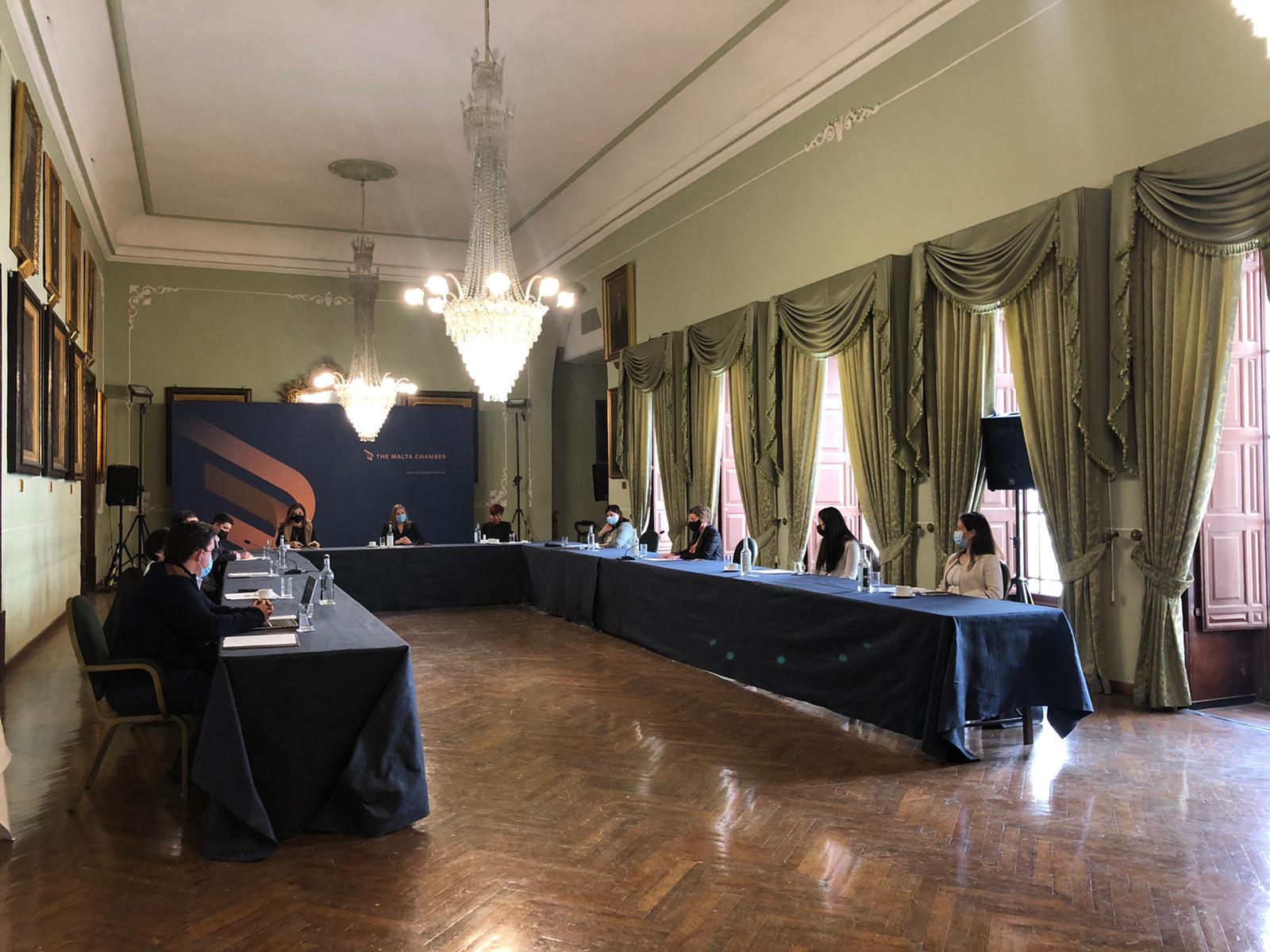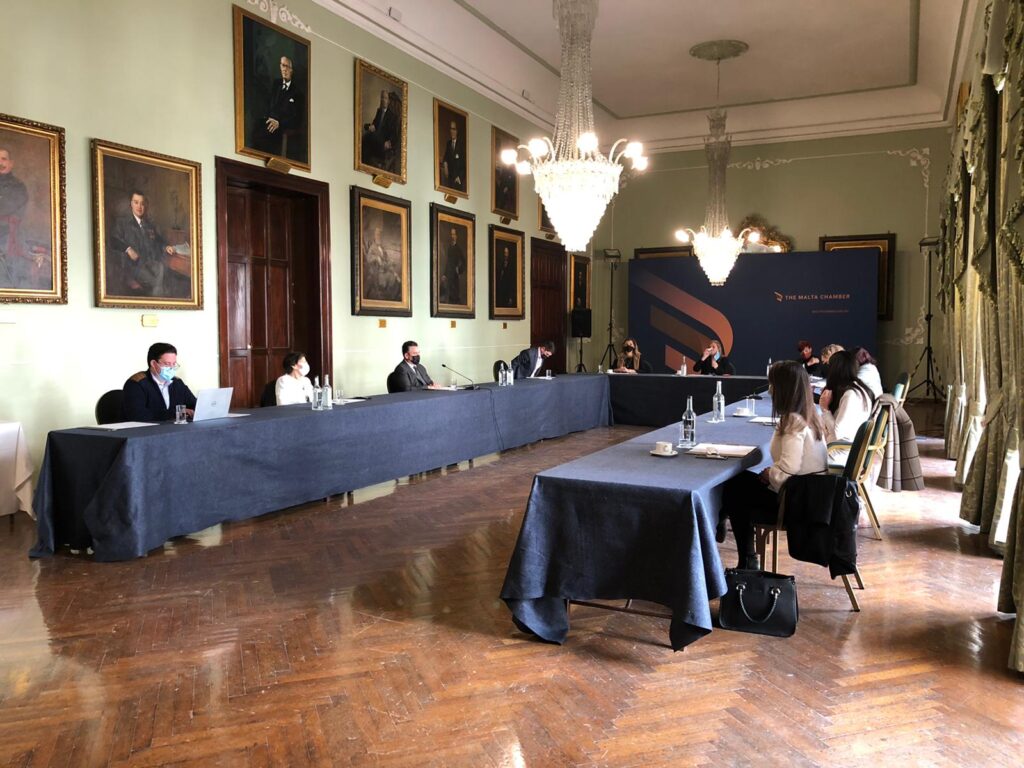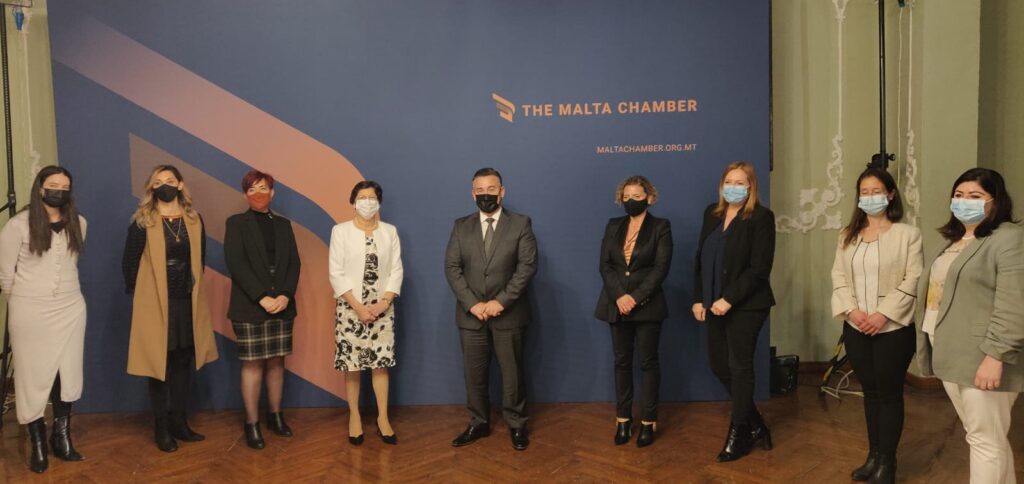“The COVID-19 pandemic has caused a massive shake-up, generating increased levels of stress and anxiety. While we continue to deal with highly fluid probabilities, there are many businesses struggling to survive. This holds in particular for small businesses and the hospitality industry. How to measure this uncertainty to devise adequate strategies is, in my opinion, one of the biggest challenges,” says Maria-Gabriele Doublesin.
In her work as a consultant, when focusing on building strategies for a new normal, she notes that clients automatically compare their present situation with the past. By doing so, positive memories of success and wellbeing are automatically overemphasised while longstanding problematic areas remain underrated. This partial denial results in trying to stick out the crisis, with the maladaptive notion that all will be ‘back to business as usual’.
“Many are not thinking about what this really implies. Namely, that real change is needed. It is a huge challenge to accept that life as we knew it is no more,” says Ms Doublesin. “The global crisis has forced business owners to make choices they might never have made under normal circumstances.”
Ms Doublesin asserts that, for some businesses, particularly small family businesses, it is not unusual that challenges can be compounded by issues that arise during the transition period when the family business is handed over from the older to the younger generation.
“Not only can there be the day-to-day discussions that arise due to different modus operandi with other collaborating family members, but there are also issues with trusting in younger generations to manage the business, transferring responsibility and leadership from the senior to younger members. These issues are challenging at any time, let alone in times of this global crisis.”
The unique needs of every business means that there is no one-size-fits-all solution, and Ms Doublesin tailors her business transformation services according to the individual circumstances of every business owner.
With a focus on workflow and customer dynamics, she designs solutions that target problems at the root. Shifting work from the office to the kitchen table, sharing the workspace with family members, and children needing to study or to do their homework has caused a considerable disruption in workflow, she notes.
“With regards to workflow, the client and I work together to understand where the issues lie – is it productivity workflow, process workflow or project workflow? Seeing how workflow has been disrupted over the past year, I help clients assess the current situation and develop a systemic plan to improve and optimise their processes.”
Together, they also look into how a company’s business strategy is tied into the workflow design and work out how an employer can help its team collaborate better to meet the required needs. “In our workshops, we use methods and tools that also explore ways to inspire creativity in members of staff, not through trial and error but tailor-made, targeted techniques.”
As for her work in the field of customer dynamics, Ms Doublesin asserts that the exchange of information and transactions between businesses and customers is constant, and across a wide range of communication channels. “Our work in customer dynamics looks at the customer relationship from an interpersonal viewpoint – that is, understanding the needs of the customer. Businesses not only need to understand the persona of their clients in optimal conditions, but also in times of crisis. And here is where a challenge can turn into a huge opportunity.”
Creating a business strategy in the best of times for the year ahead is a challenging exercise, but this year, it seems like an almost impossible task. Sharing her thoughts on how businesses could plan and set goals for 2021, Ms Doublesin agrees that the disruptions to operations and revenues, alongside higher operating costs are creating cashflow challenges for businesses, which hinders progress and thus, innovation.
“Therefore, strategic financial planning should be the top priority for recovery and subsistence. Evaluate short-term liquidity, create a contingency plan and review loan constructs, pursue debt modifications and loan covenants if needed, and if you have a cushion in your line of credit, take it,” she asserts. “One needs to look at all their resources, and subsequently, be vigilant of the impacts on budgets and business plans. Once the strategies are strengthened through contingency review, then new directions need to be communicated with relevant stakeholders.”
Ms Doublesin adds it is common practice in local culture not to talk openly about problems and to sweep them under the carpet instead, leaving stakeholders clueless, but a shift in behaviour and attitude is needed, because a lack of transparency can be counter-productive. “We need to learn to address issues head on, which again means a change in crisis management mind-set. This might also mean reviewing your communication strategies.”
While executing revised plans, it is crucial for businesses to constantly monitor what continues to be a fluid situation and accept that plans need to be adjusted, she continues, stressing the importance of agility when building a new strategy, allowing for revisions to be done in the short term.
“The situation of a business leader right now is very much like being in a hot air balloon, whose movements depend on the conditions of the streams of air in the atmosphere and the wind. To move the balloon into a desired direction, one must know the winds, and know when to throw off ballast and when to increase the flame. Similarly, monitoring our fluid situation is essential to know when and how to rise above a problem.”
Ms Doublesin also highlights the benefits of cross-sector collaboration, a subject she is passionate about and was the crux of a project she developed in 2019 for CORE platform, called Learn to Work Together.
“What I observed is that everybody operates in silos and, in our current context, doing this is very risky. Constant changes in technology, globalisation and the supply chain, among others, are creating huge shifts in the business world, and one cannot have all the skills needed to handle every situation,” she asserts.
She recommends for business leaders to carry out an exercise called boundary spanning. “Cross-sector collaboration requires you to firstly identify your strengths, what you can and cannot do, and how you can collaborate across your sector with someone who is an expert in an area that you are not. Banding together is extremely important to bridge skills gaps, to enhance, increase and improve productivity levels.”
The research component of her project ‘Learn to work together’ in combination with the outcome of the project’s consultative roundtable revealed that businesses in Malta hardly cross-collaborate, neither with voluntary organisations nor with other businesses, and when they do, it’s only for the purpose of a one-off project. “Based on the findings of the research, I devised a training programme that focused on understanding inclusive processes and devising inclusive structures for a new style of leadership and teamwork, which is precisely what we need right now.”










